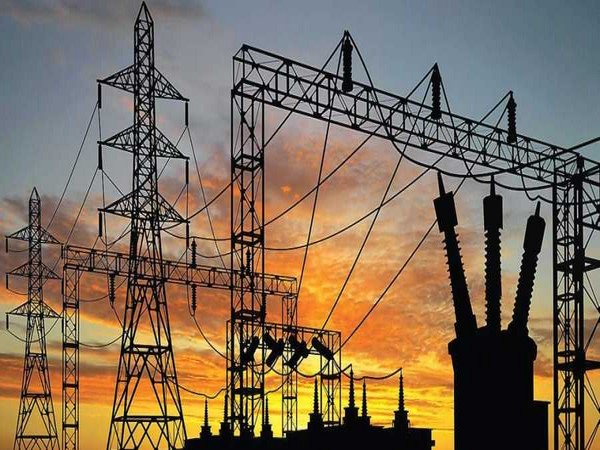Bangladesh faces power blackout after national grid fails
The diesel-run power plants produced about 6 of Bangladeshs power generation, so their shutdowns cut output by up to 1,500 megawatts.Earlier this month, Faruque Hassan, president of Bangladesh Garment Manufacturers and Exporters Association, said that the situation is so serious that garment factories are without power now for around 4 to 10 hours a day.

- Country:
- Bangladesh
A failure in Bangladesh's national power grid plunged much of the country into a blackout on Tuesday, officials said.
Officials of the state-run Bangladesh Power Development Board said that power transmission failed somewhere in the eastern part of the country.
All power plants tripped and electricity was cut in the capital, Dhaka, and other big cities, said Shameem Hasan, a power department spokesman.
Engineers were trying to determine where and why the glitches happened and it could take hours to restore the system, he said.
Bangladesh's recent impressive economic growth has been threatened by power shortages since the government suspended operations of all diesel-run power plants to reduce costs for imports as prices have soared. The diesel-run power plants produced about 6% of Bangladesh's power generation, so their shutdowns cut output by up to 1,500 megawatts.
Earlier this month, Faruque Hassan, president of Bangladesh Garment Manufacturers and Exporters Association, said that the situation is so serious that garment factories are without power now for around 4 to 10 hours a day. Bangladesh is the world's second largest garment exporter after China, and it earns more than 80% of its total foreign currency from exports of garment products each year.
Last month, the Asian Development Bank said in a report that Bangladesh's economic growth would slow to 6.6% from its previous forecast of 7.1% in the current fiscal year.
Weaker consumer spending due to sluggish export demand, domestic manufacturing constraints and other factors are behind the slowdown, it said.
(This story has not been edited by Devdiscourse staff and is auto-generated from a syndicated feed.)










